To provide the best experiences, we use technologies like cookies to store and/or access device information. Consenting to these technologies will allow us to process data such as browsing behaviour or unique IDs on this site. Not consenting or withdrawing consent, may adversely affect certain features and functions.
The technical storage or access is strictly necessary for the legitimate purpose of enabling the use of a specific service explicitly requested by the subscriber or user, or for the sole purpose of carrying out the transmission of a communication over an electronic communications network.
The technical storage or access is necessary for the legitimate purpose of storing preferences that are not requested by the subscriber or user.
The technical storage or access that is used exclusively for statistical purposes.
The technical storage or access that is used exclusively for anonymous statistical purposes. Without a subpoena, voluntary compliance on the part of your Internet Service Provider, or additional records from a third party, information stored or retrieved for this purpose alone cannot usually be used to identify you.
The technical storage or access is required to create user profiles to send advertising, or to track the user on a website or across several websites for similar marketing purposes.
 Koa Health, has released a new report titled Wellbeing at Work, exposing the impact of COVID-19 on mental health in businesses across the UK and organisations’ response to the crisis. Social listening research conducted by Pulsar on behalf of Koa Health claims that as COVID took told in the UK, content shared online about people’s declining mental wellbeing increased by 400 percent in the period from the last week of February 2020 to the final week of May 2020. (more…)
Koa Health, has released a new report titled Wellbeing at Work, exposing the impact of COVID-19 on mental health in businesses across the UK and organisations’ response to the crisis. Social listening research conducted by Pulsar on behalf of Koa Health claims that as COVID took told in the UK, content shared online about people’s declining mental wellbeing increased by 400 percent in the period from the last week of February 2020 to the final week of May 2020. (more…)





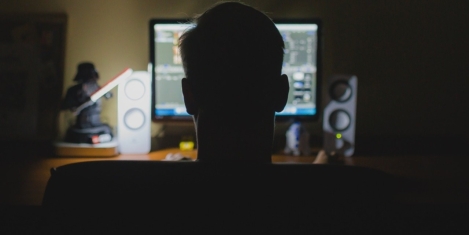


 A recent survey by
A recent survey by 
 More than a third (35 percent) of UK IT decision makers admitted that their remote workers have already knowingly put corporate data at risk of a breach in the last year according to an annual survey – conducted by
More than a third (35 percent) of UK IT decision makers admitted that their remote workers have already knowingly put corporate data at risk of a breach in the last year according to an annual survey – conducted by 
 A survey released by
A survey released by 
 “Hi Dougie – how’s the new hybrid workplace going?”
“Hi Dougie – how’s the new hybrid workplace going?”
 As pubs, shops and other workplaces re-open this week, the success of the vaccine rollout has helped employees feel much more optimistic about their return to work than they were following November’s lockdown, according to
As pubs, shops and other workplaces re-open this week, the success of the vaccine rollout has helped employees feel much more optimistic about their return to work than they were following November’s lockdown, according to 
 Earlier this month the
Earlier this month the 

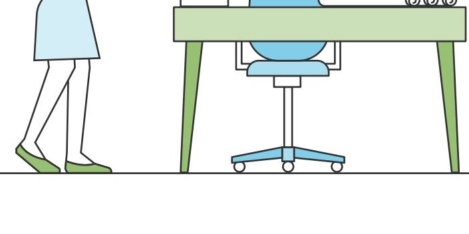
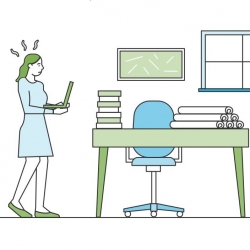 Glint’s latest insights report shows that there is a worrying increase in employees experiencing challenges with their mental health, with burnout risk trending upwards year-over-year. That spiked in late March 2020 and climbed by nearly 4 percent between August and December 2020. That’s not a big surprise, given the first challenging months of the global pandemic. Paradoxically, employees say that despite feeling burnt-out, they also feel happier at work at the end of a year of lockdown than they did at the start. Is this some sort of contradiction—or evidence of something very encouraging about the state of HR?
Glint’s latest insights report shows that there is a worrying increase in employees experiencing challenges with their mental health, with burnout risk trending upwards year-over-year. That spiked in late March 2020 and climbed by nearly 4 percent between August and December 2020. That’s not a big surprise, given the first challenging months of the global pandemic. Paradoxically, employees say that despite feeling burnt-out, they also feel happier at work at the end of a year of lockdown than they did at the start. Is this some sort of contradiction—or evidence of something very encouraging about the state of HR? 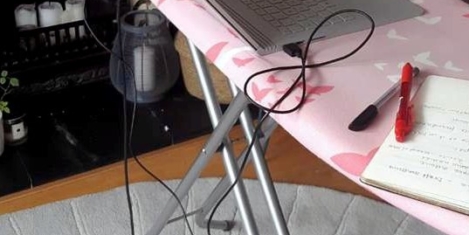
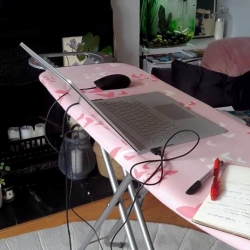 New research by
New research by 







May 5, 2021
The future of work will see profound changes in the way firms engage with customers
by Yusdi Santoso • Comment, Technology